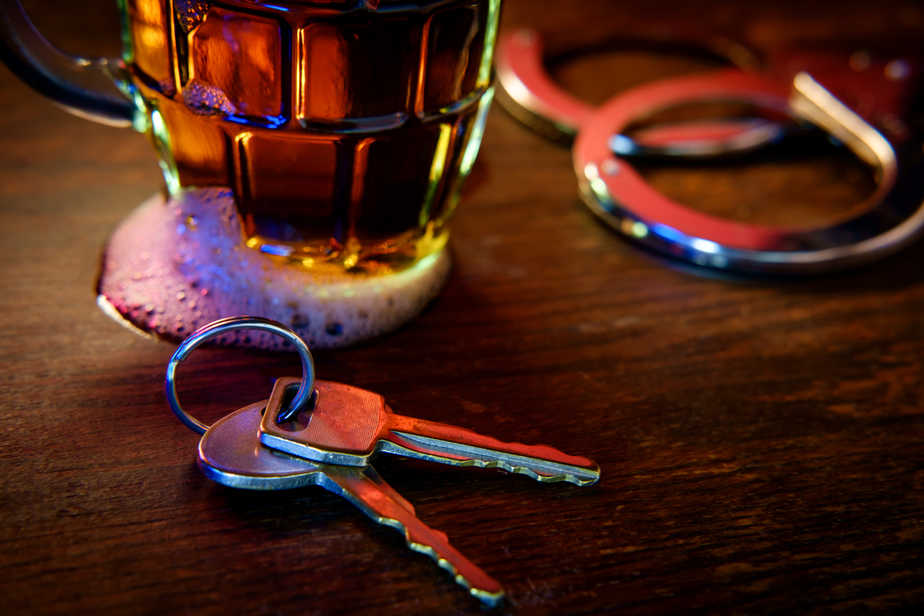The Difference Between DWI & DUI
If you’re in the process of facing a DUI or DWI charge, it’s a good idea to check the definitions of each offense in your state. Doing so can help you fight the charge or lessen your punishment. In addition, knowing what each offense means will help you negotiate with your prosecutor.
DWI & DUI Laws
DWI and DUI are two terms used to describe driving under the influence of alcohol and drugs. These offenses are both considered to be criminal, and either can result in a jail sentence. Although the terms are often used interchangeably, they are not the same thing. In most cases, a DWI charge is considered to be more serious than a DUI. While a DUI charge may be based solely on behavior, a DWI charge will generally involve a BAC level of 0.08% or higher.
DUI laws differ from state to state, and the penalties can vary significantly. In some states, a first-time conviction will result in a fine of up to $500 and up to 15 days in jail. Other penalties include a 90-day suspension of your driver’s license. Those who are convicted of a DUI can face a range of punishments, including jail time, probation, and a hefty fine.
OUI & OWI
The difference between DUI and OUI is largely about the legal definition of driving under the influence. In most states, driving under the influence of alcohol or drugs is illegal. However, in some states, it is still legal to drive under the influence. A person can be charged with OUI or OWI if they are sitting behind the wheel and are intoxicated, but not driving.
The difference between DUI and OUI is that a DWI charge involves a criminal conviction. In Ohio, this charge can occur if the person was driving a car while intoxicated. It also involves an accident wherein a person is injured or killed due to the driver’s impairment. In New York and Colorado, the criminal charge is called DWAI.
The legal definition of an OUI in Massachusetts is the same as in New York. But in New York, there is an important difference. In New York, DWAI can refer to any impairing substance, including alcohol, and has much lower penalties. In addition, the BAC requirement is lower for a driver who is under the influence of alcohol.
What Is Impaired Driving?
Impaired driving is a criminal offense that involves being under the influence of drugs or alcohol while driving. Driving while intoxicated is illegal in Canada, so you should never drive if you’re intoxicated. Even if you feel fine, you can be charged with impaired driving if you’re caught.
Impaired driving is a serious problem. Statistics show that drunk drivers are more likely to be involved in crashes. Impaired drivers are responsible for almost half of all fatal crashes. The National Highway Traffic Safety Administration reports that alcohol-impaired crashes killed 10,142 people last year. These crashes are almost as deadly as guns, and they are a major factor in road accidents.
Impairment can be caused by several different factors, including prescription drugs and alcohol. The impairment may affect speech, vision, or motor skills. It can also be caused by a low level of alcohol in the blood, an illness, or a disability. If you suspect that someone is impaired while driving, you should never drive, and it is also important to never ride with someone who is.
Consequences Of A DWI Arrest
The consequences of a DWI arrest for DUI can be severe. A DUI conviction can result in jail time, possibly much longer, and thousands of dollars in fines and other consequences. It can also affect a person’s ability to get a job. Some states will also require DUI drivers to install an ignition interlock device in their vehicles.
After being arrested for DUI, a prosecutor will file certain papers with the court. These papers will include evidence that shows how much alcohol was found in your system. If your blood alcohol level was 0.08 percent, the judge must suspend your license. You may also have to pay a $125 civil fine and $100 to terminate your license. You can retain an attorney to fight the charges.
If you have a previous DWI, it may be possible to get an alcohol treatment program. In some states, these programs may be able to help you change your behavior and get your license back. However, they may be very costly, so it is important to consider all the options before choosing a program.
We invite you to contact or call us today if you need the best DWI Law Attorney. Visit our blog for more related articles.

